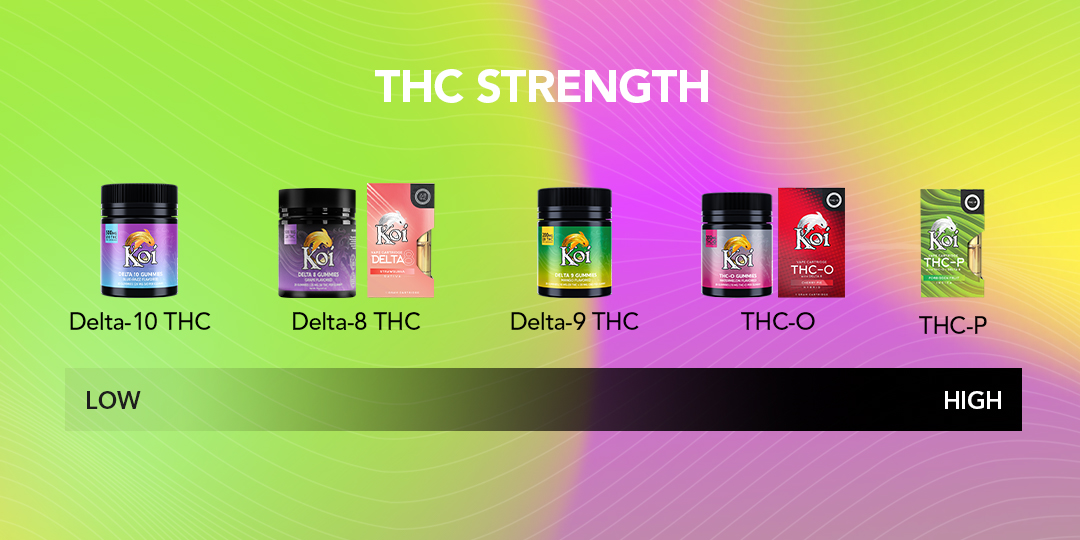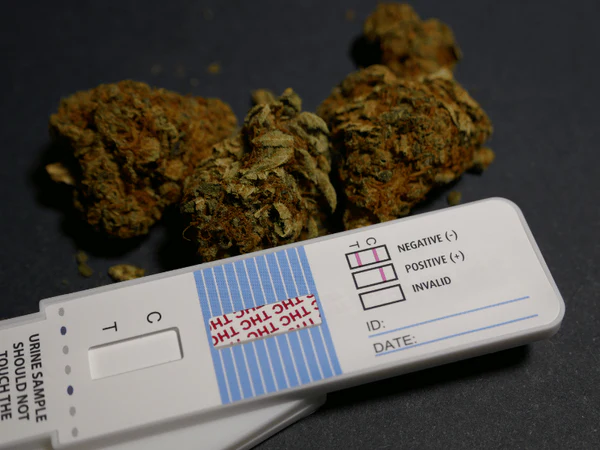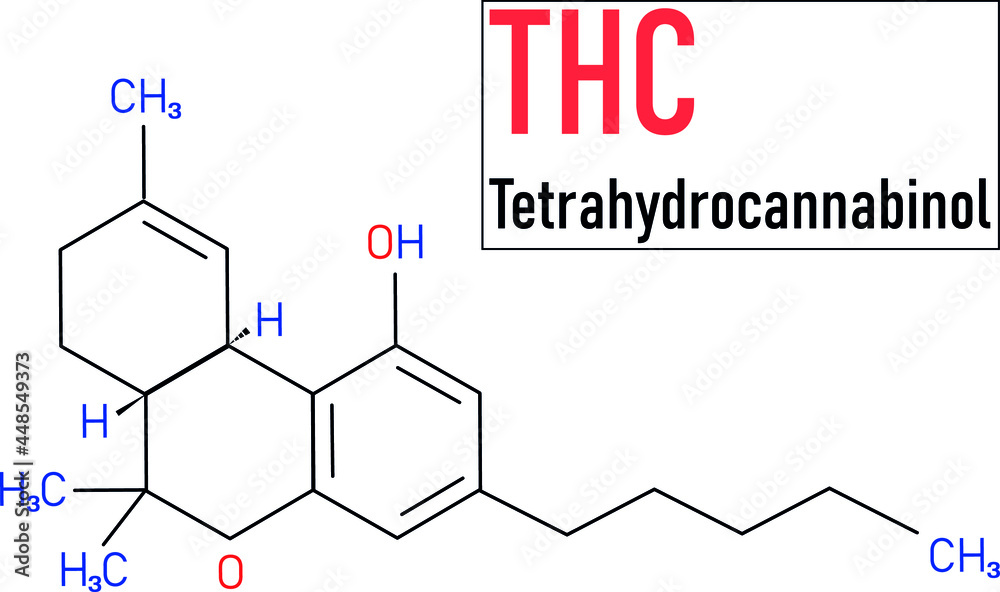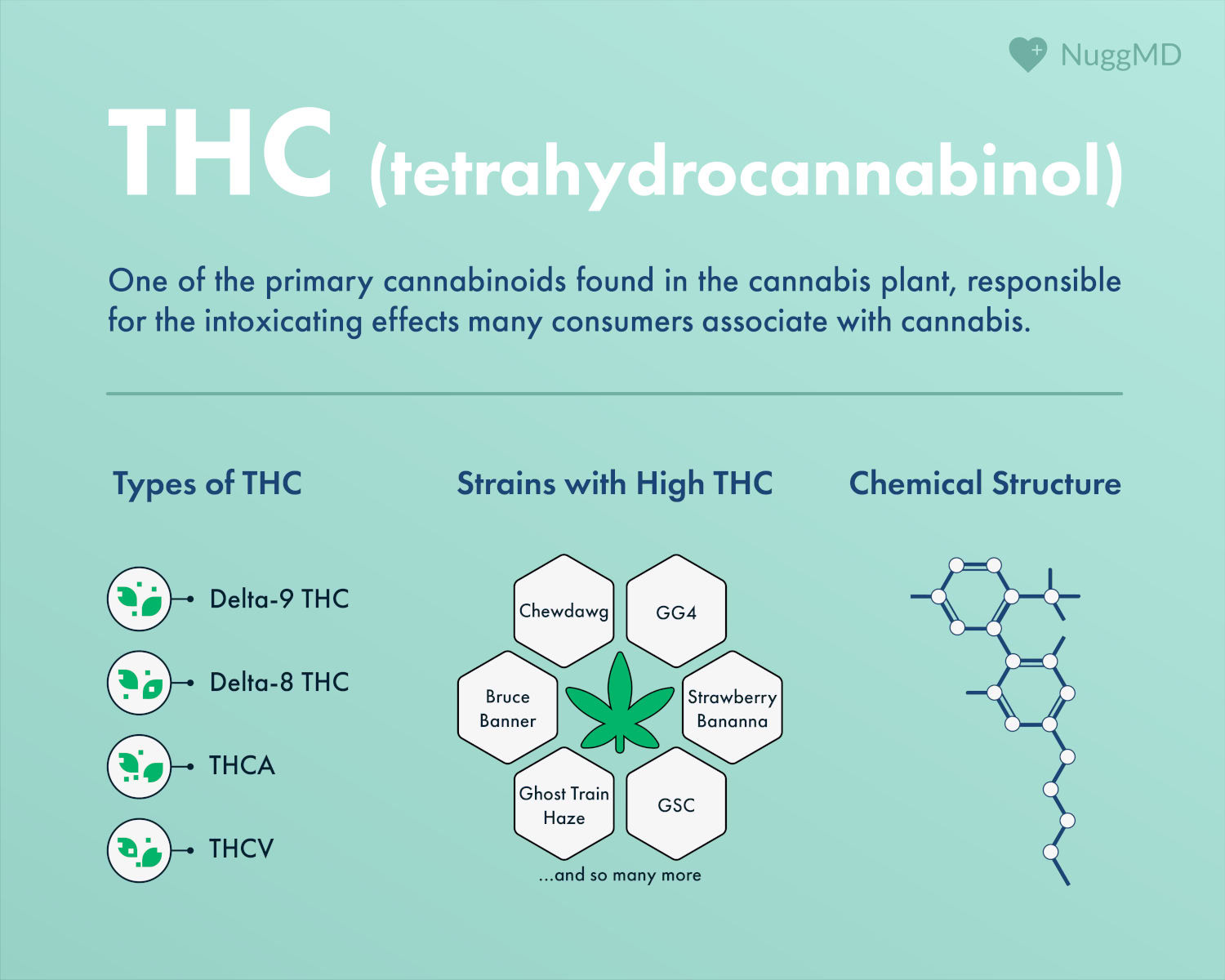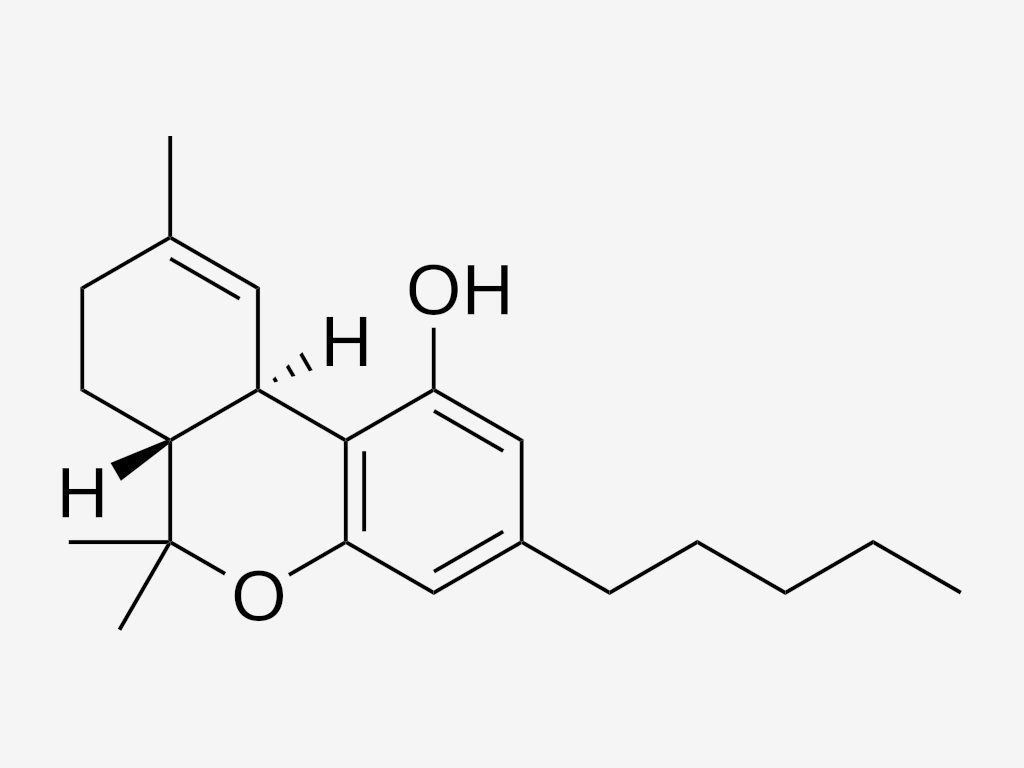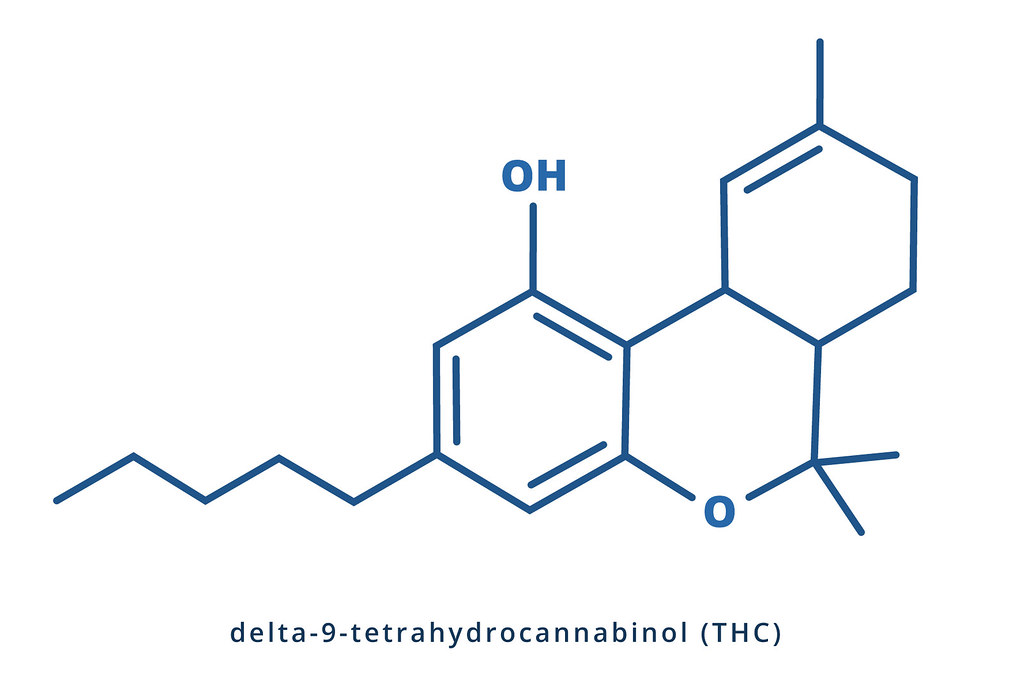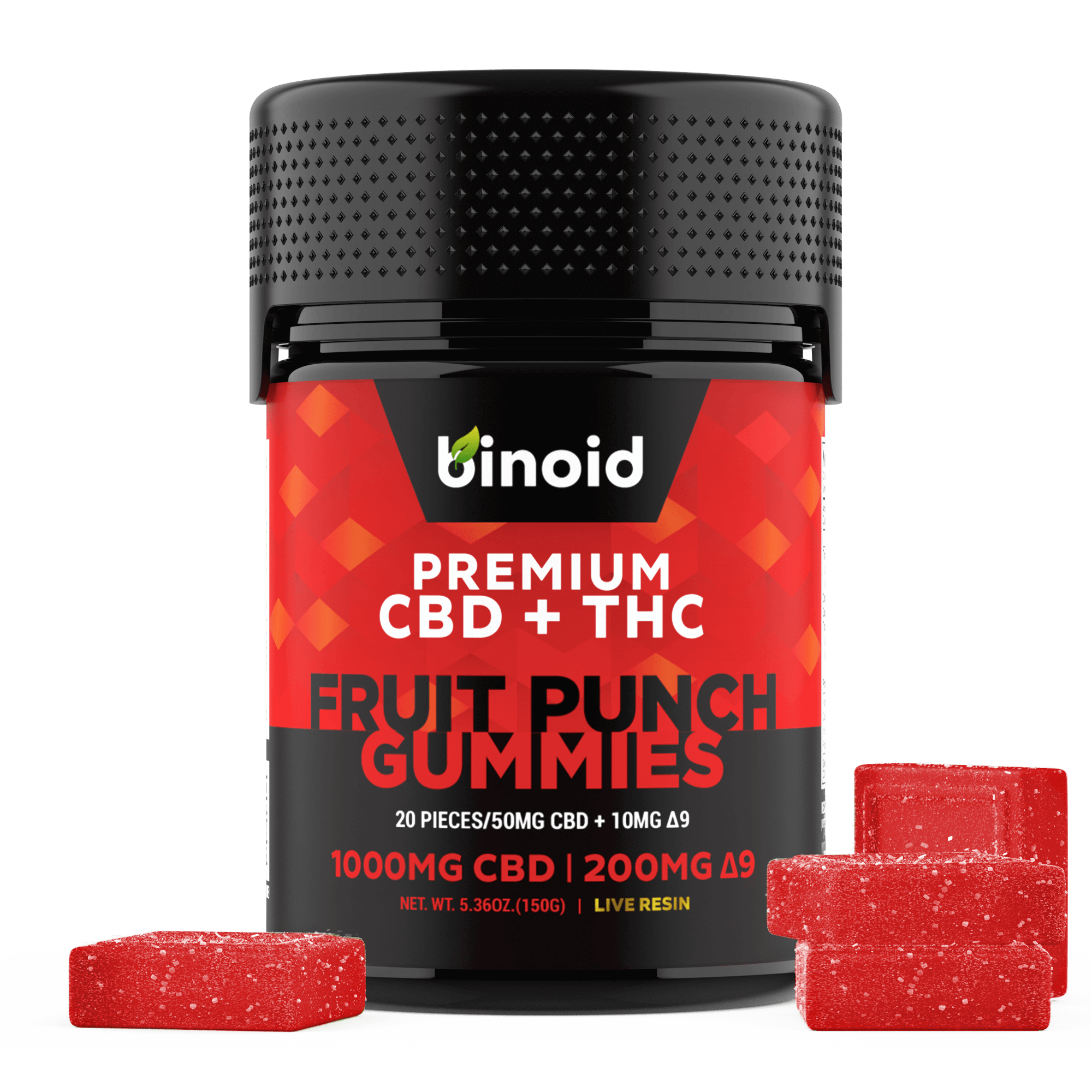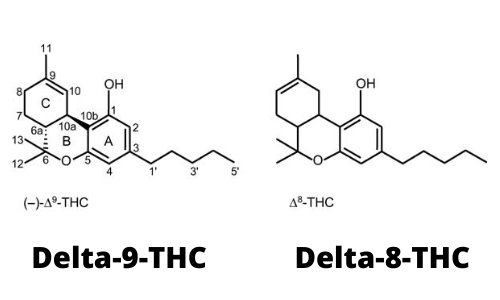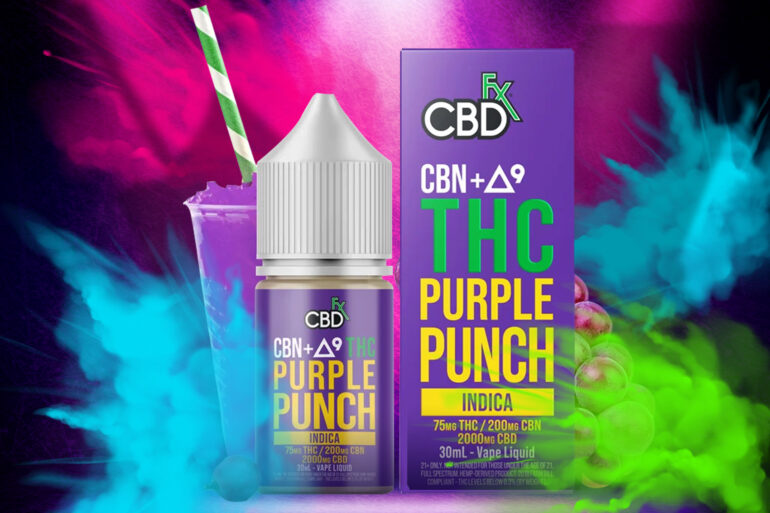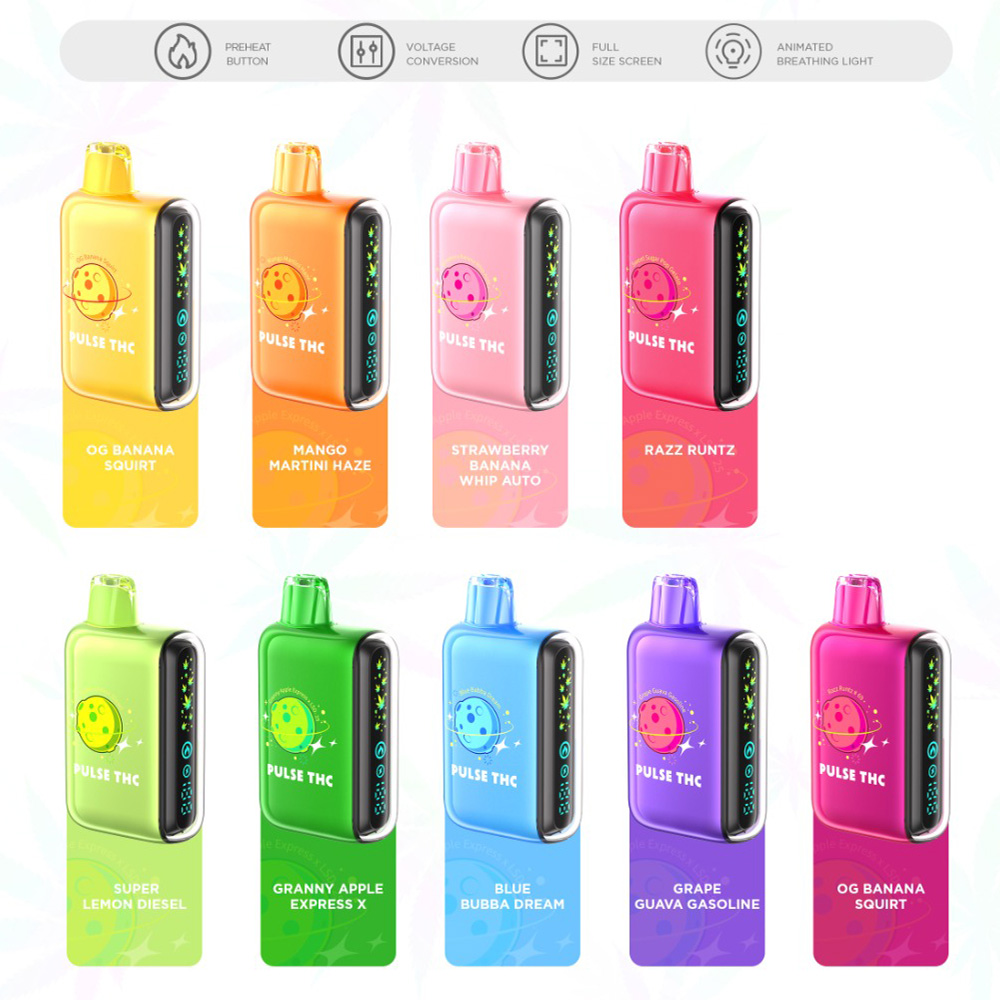Does Delta 9 Show Up As Thc

The burgeoning market of hemp-derived cannabinoids has created a complex landscape for consumers, employers, and legal authorities. One question looms large: will consuming Delta-9 THC, even if derived from hemp and legal under certain regulations, trigger a positive result on a standard drug test?
This seemingly simple question has far-reaching implications. From employment opportunities to legal compliance and even athletic eligibility, the detection of THC metabolites can have significant consequences, making understanding the nuances of testing and cannabinoid chemistry crucial.
The Core Issue: THC Detection and Metabolites
At its heart, the issue revolves around the way drug tests screen for cannabis use. Standard drug tests do not specifically detect Delta-9 THC itself.
Instead, they look for the presence of its metabolites, primarily THC-COOH, a byproduct produced as the body breaks down THC. This metabolite is stored in body fat and can be detected for days or even weeks after cannabis consumption.
Delta-8 vs. Delta-9: A Crucial Distinction, But Not for Drug Tests
It's essential to distinguish between Delta-8 THC and Delta-9 THC. Delta-8 is an isomer of Delta-9, with a slightly different chemical structure.
While Delta-8 might be perceived as less potent, the key takeaway is that both isomers metabolize into THC-COOH.
Therefore, consuming either Delta-8 or Delta-9 THC carries the risk of triggering a positive drug test result.
Hemp-Derived Delta-9: Legality vs. Detectability
The 2018 Farm Bill legalized hemp at the federal level, defining it as cannabis containing no more than 0.3% Delta-9 THC by dry weight. This opened the door to the production and sale of hemp-derived products containing Delta-9 THC.
However, this legal distinction does not circumvent the limitations of drug testing. Even if the Delta-9 THC is derived from hemp and legal in a particular jurisdiction, its presence in the body will still lead to the production of THC-COOH.
This means that consuming hemp-derived Delta-9 THC products can, and likely will, result in a positive drug test.
The Concentration Factor
The amount of Delta-9 THC consumed plays a significant role in the likelihood of a positive test. Higher doses and more frequent use increase the concentration of THC-COOH in the body.
Consequently, individuals who regularly consume hemp-derived Delta-9 THC products are at a higher risk of testing positive compared to those who use them sparingly.
The individual's metabolism, body fat percentage, and frequency of use all contribute to the duration of detectability.
Factors Influencing Drug Test Results
Numerous factors can influence the outcome of a drug test. The type of test used is a primary consideration; urine tests are the most common, followed by blood, saliva, and hair follicle tests.
Urine tests typically have a detection window of several days to several weeks, depending on usage frequency.
Blood tests offer a shorter detection window, typically a few days, while hair follicle tests can detect use for up to 90 days.
Individual Metabolism and Body Composition
An individual's metabolism plays a crucial role in how quickly the body processes and eliminates THC-COOH. Individuals with faster metabolisms may clear the metabolite more quickly.
Body fat percentage also impacts detection; THC-COOH is fat-soluble, meaning it's stored in fat tissues, potentially prolonging the detection window in individuals with higher body fat percentages.
The sensitivity of the drug test is also important to consider. Lower cutoff levels mean that even small amounts of THC-COOH can trigger a positive result.
The Legal and Employment Ramifications
The conflict between the legality of hemp-derived Delta-9 THC in some areas and the widespread use of drug testing creates a challenging situation. Many employers maintain zero-tolerance policies regarding cannabis use, regardless of the source.
A positive drug test can lead to job loss or denial of employment, even if the individual legally consumed hemp-derived Delta-9 THC. This is because most drug tests do not distinguish between Delta-9 THC derived from hemp and Delta-9 THC derived from marijuana.
It is crucial for individuals to be aware of their employer's drug testing policies and the potential consequences of consuming hemp-derived Delta-9 THC products.
Athlete Considerations and Anti-Doping Regulations
Athletes also face significant consequences from positive THC tests. Many sports organizations adhere to strict anti-doping regulations that prohibit the use of cannabis, regardless of its source.
The World Anti-Doping Agency (WADA), for instance, prohibits cannabis use in competition.
Athletes consuming hemp-derived Delta-9 THC, even if legal in their location, risk disqualification and sanctions.
The Future of Drug Testing and Cannabinoids
The increasing prevalence of hemp-derived cannabinoids is likely to drive changes in drug testing methodologies. Some researchers are exploring developing tests that can differentiate between different cannabinoids or measure impairment rather than just the presence of metabolites.
However, such advancements are still in the early stages. For now, it is safest to assume that any consumption of Delta-9 THC will result in a positive test.
Education and awareness are paramount. Consumers need to be informed about the potential risks associated with hemp-derived cannabinoids and their impact on drug testing outcomes. Furthermore, employers and policymakers may need to re-evaluate their drug testing policies to account for the evolving legal landscape of cannabis and its derivatives.
